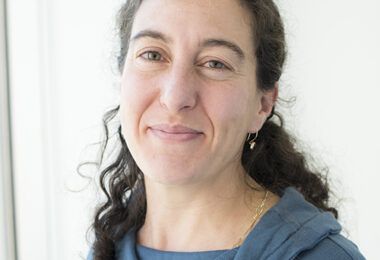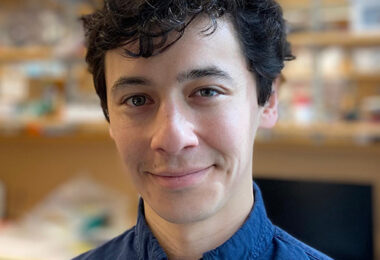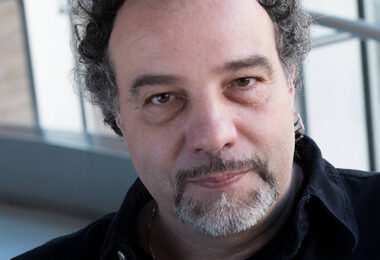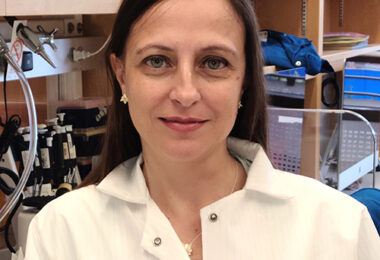The Jost lab studies the chemical signaling between microbes in the microbiome and human cells, with the goal of creating a molecular-level understanding of how the microbiome shapes human biology in health and disease.


The Jost lab studies the chemical signaling between microbes in the microbiome and human cells, with the goal of creating a molecular-level understanding of how the microbiome shapes human biology in health and disease.

Prof. Brito’s lab pioneers systems-level methods to examine interactions between human cells and the human microbiome and to study horizontal gene transfer, the predominant mechanism by which pathogens acquire antibiotic resistance. She focuses on direct human-commensal protein-protein interactions, in addition to antibody-commensal interactions.

The Hao lab develops molecular and cellular tools to precisely track and control disease biology in intact organisms to shed light on the dynamic interplay of diseased cells and their microenvironment.

Dr. Jimenez’s group develops material, genetic and fabrication approaches to enable integration of living microorganisms into products that can be used for human health, agriculture, the environment and art.

The Faith Lab is developing and applying experimental and computational tools to understand gut microbiota microbiota structure and function to develop live defined microbial therapeutics.

The Walz laboratory uses molecular electron microscopy to study macromolecular complexes and membrane proteins in a lipid environment. Their research focuses on membrane proteins and biological membrane-related processes, such as vesicular transport.

The Talbot lab investigates how food and microbes are sensed by neurons in the gut and their influence on immunity, nutrition, and metabolism.

The Sinha lab aims to develop novel solutions to alleviate intestinal inflammatory conditions. Their research is focused on understanding microenvironment changes to identify better therapeutic targets for people with GI immune-mediated disorders.

Dr. Segal is part of a multi-disciplinary lab of computational biologists and scientists focusing on microbiome, nutrition, genetics, and gene regulation in health and disease.

The Raffatellu lab’s research focus is to understand the complex interplays between gut pathogens, mucosal immunity and the gut microbiota, with the long-term goal of discovering novel and effective therapeutic targets for controlling infection.